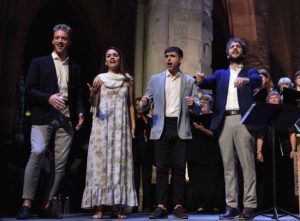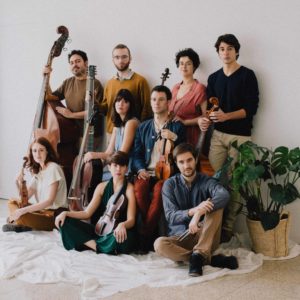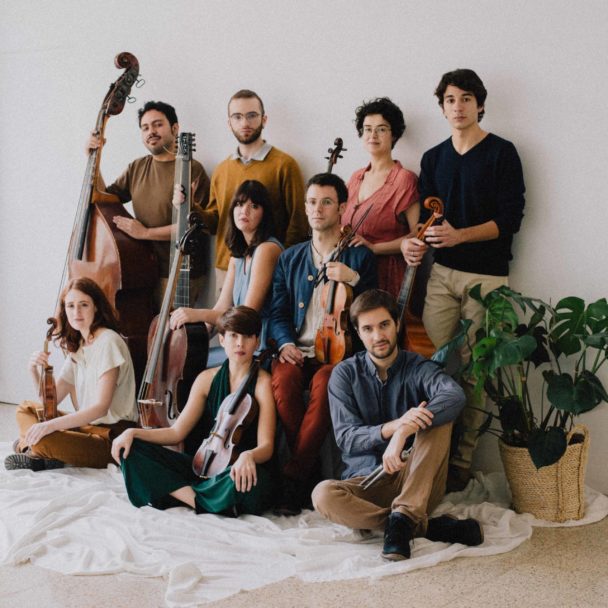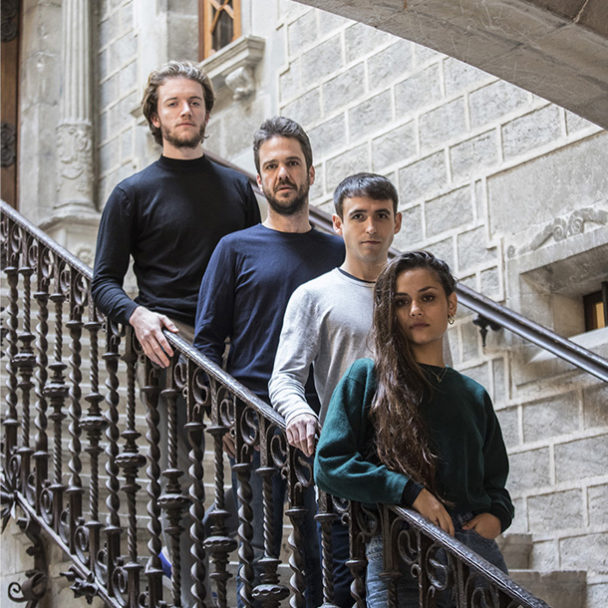In conversations with Jorge Losana from Cantoría and Ignacio Ramal from Ministers of Pastime, they shed light on the unique aspects of performing early music in Spain.
A RECEPTIVE AND DIVERSE AUDIENCE
-
The Spanish Audience: Curiosity and Openness
According to both Jorge Losana and Ignacio Ramal, early music is met with a remarkable reception in Spain.
The Spanish audience exhibits a strong curiosity, attending concerts with an open mind and a desire to be pleasantly surprised.
As Ignacio Ramal points out, early music performers are seen not only as specialists but also as musicians who dare to experiment and present captivating musical programs.
 |
A notable aspect emphasized by Jorge Losana is the emotional connection between the audience and the performers.
Many members of the Spanish audience have sung the music performed during their childhood, which is why the audience members often singing along, revealing the integral role that early music plays in their personal identity! |
-
Regional Differences in Audience Characteristics
Jorge Losana highlights the distinctiveness of regional audiences in Spain. In Catalonia, audiences are highly knowledgeable and demanding. He added that the influence of Jordi Savall had to play a significant role in that!
Contrasting this, the rest of Spain exhibits a more extroverted and direct reception, characterized by lively festivals and a receptive audience, which Ignacio Ramal also refers to.
 |
About this incredible openness, Ignacio added
‘I would even say that the tools provided by musicological research to performers are not generally perceived as providing authenticity and historical veracity, but rather as allowing the artists to explore and discover new sound worlds to which the public would otherwise not get access.’ |
REPERTOIRE EXPLORATION AND HISTORICAL RESEARCH
As we mentioned above, the repertoire exploration and historical research shape the two ensemble’s musical journeys. The early music scene in Spain embraces personal interpretations and allows performers to experiment freely, which allows them to present unique approaches to the repertoire.
-
Personal Interpretations and Abundance of Unexplored Repertoire
Spain holds a treasure trove of Renaissance, Baroque, and Classical repertoire waiting to be discovered. Initiatives like the FIAS in Madrid contribute to unearthing hidden musical gems and shedding light on the historical value they hold.
Numerous archives, particularly those housed in churches and cathedrals, remain to be explored, cataloged, and reintroduced to the public. Each concert becomes an opportunity for scientific and historical restoration, uncovering the hidden musical treasures held within these historical spaces.
Challenges and Opportunities
While the Spanish early music scene flourishes with personal interpretations and repertoire exploration, challenges remain. Ignacio Ramal highlights the lack of institutionalization and sustainable large historicist ensembles, hindering the growth of the field. Furthermore, the freelance nature of most early music activity in Spain often leads to inadequate working conditions for the dedicated professionals involved.
However, despite challenges, the vibrant Spanish early music scene continues to evolve, captivating audiences and fostering a deep connection between performers and listeners! We are excited to see the ensemble’s contribution to the Early Music Scene in Spain in the upcoming years!

